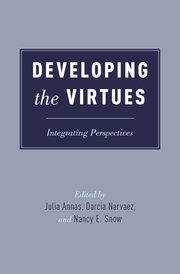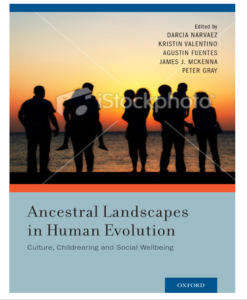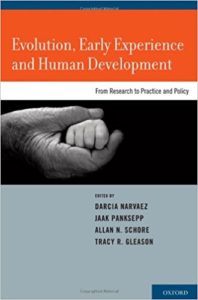Recent Conferences and Resulting Books
Sustainable Wisdom: Integrating Indigenous Knowhow for Global Flourishing
YOUTUBE VIDEOS
September 11-15, 2016 // University of Notre Dame
The conference brought together an interdisciplinary set of scholars and artists ready to integrate first-nation and mainstream contemporary understandings to move toward a flourishing planet.
______________________________________
Pathways to Child Flourishing
YouTube Videos
September 27-30, 2014 // Conference Center, University of Notre Dame
An Interdisciplinary Symposium bringing together neurobiology, developmental and clinical psychology, anthropology, prevention and education.
______________________________________
Philosophy and Psychology of Virtue Development

May 19-22, 2014 // Conference Center, University of Notre Dame
Speakers at this interdisciplinary symposium discussed the nature of virtue and its development, from ancient notions to contemporary science, evolutionary and religious views, individual and community approaches in a variety of family, schooling and work settings. We will also discuss the possibility of starting an interdisciplinary society on the development of virtue.
______________________________________
Human Evolution and Human Nature (2012)
YouTube Videos

Families and children do not exist in isolation but are embedded in cultures that encourage different parenting practices and offer varying degrees of support. Cultures have shifted over millennia in terms of how much and what kind of social support is provided. The high social embeddedness, multi-aged and leisurely lifestyle of hunter-gatherer culture has been replaced with extensive social and age-related isolation and a work-focused lifestyle. How do these shifts in culture influence parenting and child outcomes?
______________________________________
Human Nature, Early Experience and the
Environment of Evolutionary Adaptedness (2010)
CONFERENCE VIDEOS at YOUTUBE

Scholars from multiple disciplines gather to examine what types of early-life care are essential for optimal development of human brain and body systems—and to promote greater understanding in scientific research and theory, public policy, and family practice.
______________________________________




